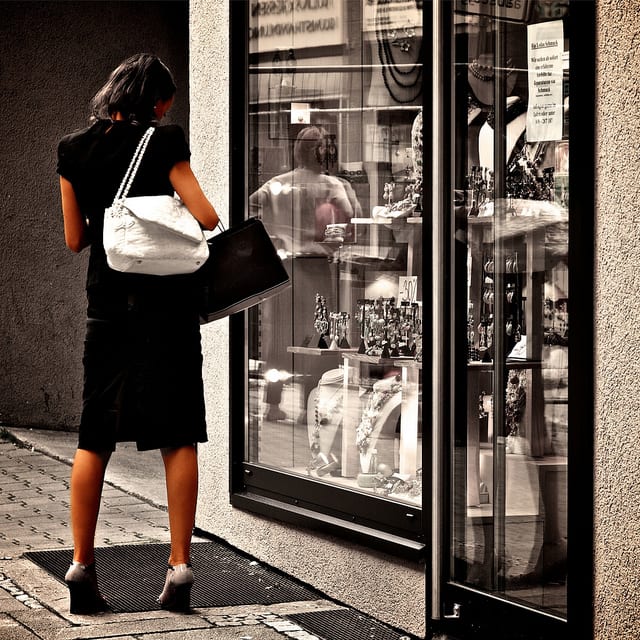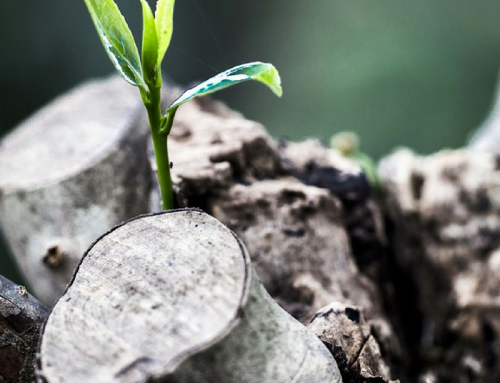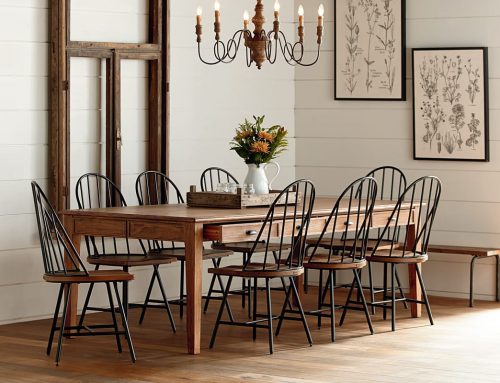Typically, as Valentine’s Day approaches, we spend a great deal of time talking about consumer-conscious and eco-friendly ways to show that you love somebody. In fact, we created so much content about this topic that we have an entire Valentine’s Day Resource Center full of it. But today we’re going to vary from that topic while also staying in the same vein. Because, increasingly, individuals of every gender, race and socio-economic persuasion are choosing to stay single. This may mean that they stay single later into life, but it also may mean that they simply choose to stay single forever. While this seems like it wouldn’t have any impact on consumerism, we’d argue differently. Consumerism is so tied to society at this point that any change in how society operates changes how consumerism operates. So today we’re taking a time-out from the love fest (and we do love the love fest) to explore happy singles (and not-happy singles) and how they’re impacting the consumer machine.
The Trend Towards Singledom: We’re Not Saying It Doesn’t Make Sense
We’d be surprised if in your travels around the internet, television and even print news and analysis you haven’t heard about how more and more people are staying single longer or simply staying single. According to this book, most Americans now spend more of their life single than married. That’s quite the statement. The reasons for this are numerous, and in some ways controversial. It’s undeniable that it’s more frequently women who choose to remain single. That fact alone immediately starts a heated debate about feminism and its outcome. We’re certainly not going to touch that debate with a ten, fifteen or even twenty foot pole. We do, however, encourage reading on the topic because we think it’s important to understand the reasoning behind the increased number of singles. Why? Because for many women, that reasoning is economic.
It’s also important to consider that, gender aside, the digital-era millennials that we’ll be discussing later in the month also choose to stay single longer or indefinitely. Their reasons for staying single are complicated, or in some cases driven, by the technology they grew up with (this article we linked to is also a fascinating read). But there are economic factors at play with single millennials as well. For many of them, achieving financial stability – even enough financial stability to engage in dating – takes longer.
Whatever the reason for staying single, it’s happening more and more often and as above is extending across gender, race and socio-economic networks. As America (and many other parts of the world) sees people staying single longer, what are the ways in which consumerism increases or faces challenges?
The Pros: A Little Less Keeping Up with the Joneses
To be fair, single people can play the “Keeping Up with the Joneses” game just as much as families can, but the reality is that with fewer “Joneses” there’s a slight decline in that dangerous game. Yes, single people do buy items as a form of identity crafting and status, but in most cases single life simply doesn’t allow for building that delusion on the large scale either financially or in terms of raw space. The vast majority of single people are not purchasing a McMansion in a suburban community, filling the garage with four cars and replacing the furniture every year. There’s certainly a degree to which family structure has contributed to addictive consumerism. And whether fewer families is a good or bad thing, the reduction in mass stuff is certainly one potential outcropping.
The Cons: More Disposable Personal Income + More Emotional Holes = More Stuff
Let us begin by saying that we understand what we are saying is a huge generalization. We’re definitely not suggesting that there aren’t people out there who are truly happy being single. But if you read up on the phenomenon, one point you’ll see over and over again is that a significant portion of the increased time that many people are staying single is due to financial reasons or simply to things that are broken in society. We’re also going to argue that at a most basic level, humans desire mates and companionship. So even people who are extremely happy being single and full of networks likely have moments, just brief moments, of feeling unfulfilled. We know it’s unpopular to say this. Singledom is considered a great thing these days. We know perfectly happy single people. We support choosing the lifestyle that makes you the most happy. But we’re also about truthfulness at all costs. A single person telling us that they’re never sad to be single would be like a married person telling us that every day of marriage is blissful happiness. Neither thing is truthful.
Extended singledom also tends to come with more personal disposable income. Yes, this may seem counterintuitive given that we just got done saying that many people choose to remain single because of financial reasons. But at some point, there’s enough money to meet your basic needs. Similar to the DINK (double income, no kids) phenomenon of having more personal spending money, long-term singles overall will eventually end up with more spending money than their counterparts.
What happens when excess spending money and emotional holes that need to be plugged meet? Unfortunately, in contemporary society, the answer is typically “buying more stuff.” We’ve been erroneously taught that stuff can fill emotional needs. And while the millennial generation is thought of as being somewhat anti-consumer, we wonder if that will change as they get older. Particularly if they hold on to their singledom.
The Conclusion: The Verdict is Still Out
Obviously, the only true conclusion that we can reach here is that the verdict is still out. We can say that we certainly don’t see the trend towards singledom ending any time soon. We also have hope that the anti-consumer or ethical consumer tendency of millennials will hold strong and even gravitate toward postconsumerism as they enter the mainstream. What we know for sure is that “stuff” can’t replace emotional connection. We hope all of the singles of the world realize that, too!
Have a different idea on how a society of more singles may affect consumerism? Tell us about it on the social media channels below.
Facebook | Twitter | Instagram | Tumblr | Pinterest | Google+ | Medium
Photo Credit: Kai C. Schwarzer via Flickr





